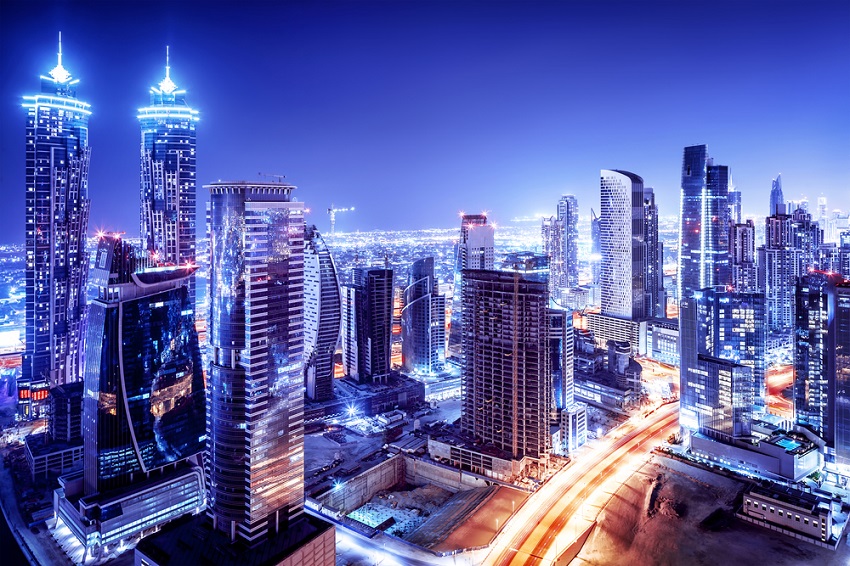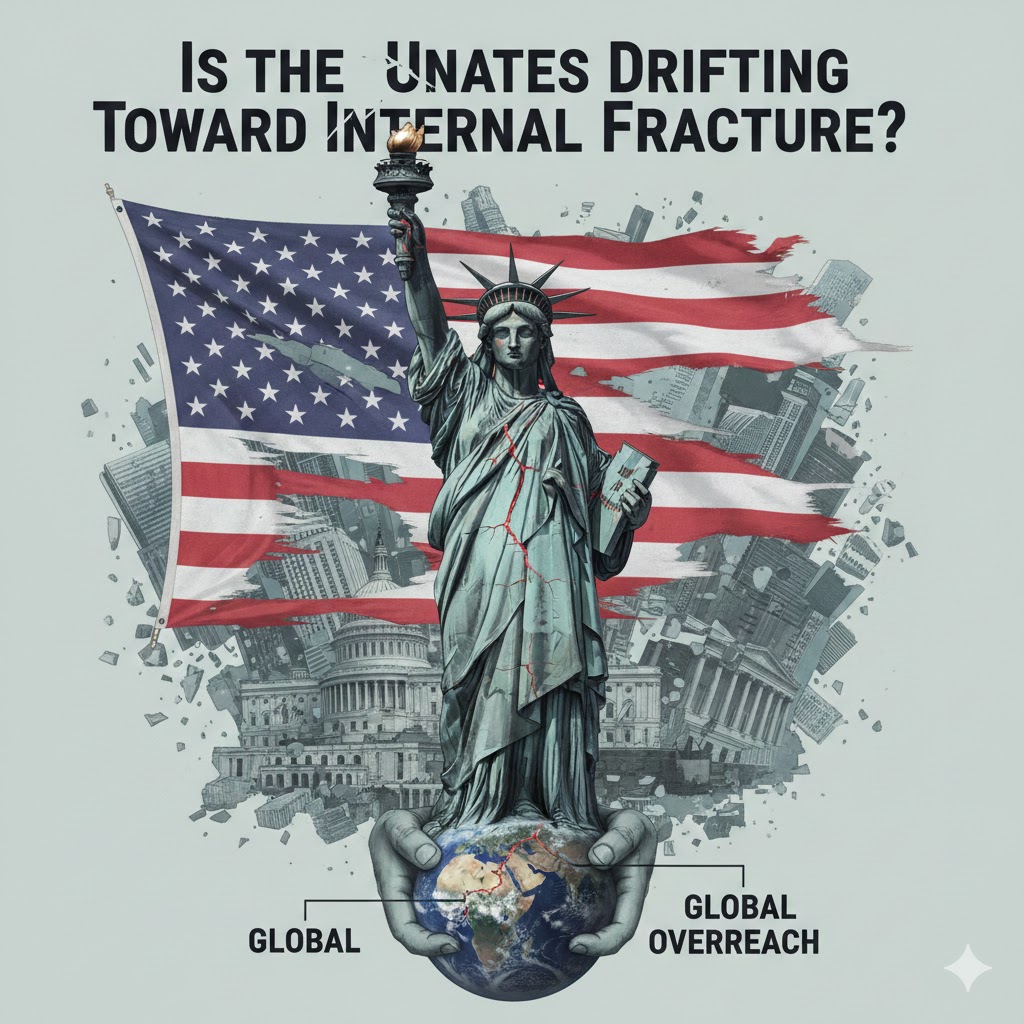Future Trends in Dubai’s Real Estate Market: Insights and Predictions
Introduction
Dubai’s real estate market is renowned for its rapid growth, iconic developments, and dynamic investment opportunities. As one of the most prominent global real estate hubs, Dubai continues to attract investors, residents, and tourists alike. Understanding the future trends in this market is crucial for stakeholders aiming to capitalize on emerging opportunities and navigate potential challenges.
Historical Context
Dubai’s transformation from a modest trading post to a bustling metropolis has been nothing short of extraordinary. Over the past few decades, landmark developments like the Burj Khalifa and Palm Jumeirah have redefined urban living and luxury. Significant milestones, including the introduction of freehold property laws and the launch of mega-projects, have catalyzed the market’s growth, establishing Dubai as a premier real estate destination.
Current State of the Market
Presently, Dubai’s real estate market is characterized by resilience and innovation. The city’s strategic location, coupled with a robust infrastructure, makes it a hotspot for real estate activity. Key players, including developers, investors, and regulatory bodies, are actively shaping the market dynamics. The recent trends indicate a surge in demand for residential and commercial properties, driven by a diverse demographic and economic stability.
Economic Influences
The global economic landscape significantly impacts Dubai’s real estate sector. Factors such as oil prices, international trade relations, and foreign investment flows are pivotal in shaping market conditions. Domestically, economic diversification efforts, exemplified by the UAE Vision 2021, aim to reduce reliance on oil revenues and bolster sectors like tourism and real estate, enhancing market resilience.
Technological Advancements
Technology is revolutionizing Dubai’s real estate market. PropTech innovations are enhancing property management, transactions, and customer experiences. Smart home technologies are increasingly becoming standard, offering residents enhanced security, convenience, and energy efficiency. These technological advancements are not only streamlining processes but also adding substantial value to properties.
Urbanization Trends
Dubai’s urbanization continues to accelerate, driven by strategic planning and investment. The city’s ambitious vision to become a global hub for business and tourism fuels demand for diverse real estate offerings. Urban expansion projects, including new districts and infrastructure developments, are reshaping the urban landscape, creating opportunities and addressing challenges related to congestion and sustainability.
Demographic Shifts
Demographic trends play a crucial role in shaping Dubai’s real estate market. The city’s population growth, driven by both international migration and natural increase, creates a steady demand for housing. The expatriate population, a significant segment of Dubai’s residents, influences market dynamics, with preferences for rental properties and high-end residences.
Environmental Considerations
Sustainability is becoming a central focus in Dubai’s real estate sector. Government regulations are increasingly emphasizing environmentally friendly building practices. The market is witnessing a rise in green buildings and sustainable developments, reflecting a broader trend towards eco-conscious living. These initiatives not only contribute to environmental preservation but also cater to the growing consumer demand for sustainable living options.
Financial Aspects
The financial landscape of Dubai’s real estate market is multifaceted. Mortgage rates, influenced by economic conditions and central bank policies, play a critical role in affordability and investment decisions. The market is also seeing an increased interest in real estate investment trusts (REITs) and other investment vehicles that provide exposure to the property market without direct ownership.

Government Policies
Government policies are pivotal in shaping Dubai’s real estate market. Initiatives aimed at enhancing transparency, such as the Dubai Land Department’s regulatory measures, foster investor confidence. Housing policies focused on affordability and supply, along with incentives for foreign investors, create a conducive environment for market growth. Taxation policies, including the absence of property taxes, further enhance Dubai’s attractiveness as a real estate investment destination.
Market Challenges
Despite its dynamism, Dubai’s real estate market faces several challenges. Affordability remains a critical issue, particularly for middle-income residents. The market also contends with fluctuations in demand and supply, influenced by economic conditions and investor sentiment. Addressing these challenges requires innovative solutions and strategic planning.
Future Prospects
The future of Dubai’s real estate market holds promising prospects. Emerging areas, driven by new infrastructure projects and strategic developments, are poised for significant growth. Districts like Dubai South and the Expo 2020 site are attracting attention, offering high potential for investment returns. These areas, characterized by lower entry costs and robust growth potential, present lucrative opportunities for investors.
Role of Foreign Investment
Foreign investment is a cornerstone of Dubai’s real estate market. International buyers are drawn to the city’s stability, profitability, and luxury offerings. However, this influx of foreign capital also raises concerns about affordability and market accessibility for local residents. Government measures aimed at regulating foreign investments and ensuring market stability are crucial in balancing these dynamics.
Technological Disruptions
Technological disruptions are set to reshape Dubai’s real estate landscape. Artificial intelligence (AI) and big data are transforming property management, investment analysis, and customer service. Virtual reality (VR) is revolutionizing property marketing and viewing experiences, offering immersive and interactive solutions that enhance the buying process.
Shifts in Consumer Preferences
Consumer preferences in Dubai’s real estate market are evolving. Homebuyers are increasingly prioritizing features such as energy efficiency, smart home capabilities, and proximity to amenities. The rise of remote work is also influencing preferences, with many buyers seeking homes that offer suitable workspaces and a better work-life balance. These shifting preferences are driving demand for diverse and innovative real estate offerings.
Real Estate Development Trends
Development trends in Dubai’s real estate market are leaning towards mixed-use developments and sustainable buildings. Mixed-use projects, combining residential, commercial, and recreational spaces, are gaining popularity as they offer convenience and foster community integration. Sustainable buildings, designed with environmental impact in mind, are also on the rise, reflecting a broader trend towards eco-friendly living and development practices.
Commercial Real Estate Outlook
The outlook for commercial real estate in Dubai is multifaceted. Office spaces are undergoing a transformation, with flexible and co-working spaces becoming more prevalent due to remote work trends. Retail real estate faces challenges from the rise of e-commerce, necessitating adaptive strategies. Meanwhile, industrial real estate is experiencing growth, driven by logistics and warehousing needs, particularly in the context of e-commerce expansion.
Impact of Climate Change
Climate change poses significant risks to Dubai’s real estate sector, particularly in areas vulnerable to extreme weather events. Properties in coastal zones are at increased risk, prompting the need for adaptation and resilience strategies. Developers and investors are increasingly considering climate risks in their planning and investment decisions, ensuring long-term sustainability and risk mitigation.
Regional Analysis
Real estate market conditions vary across different regions of Dubai. Established areas like Downtown Dubai and Dubai Marina continue to attract high demand, while emerging districts like Dubai South and Al Quoz offer new opportunities. Understanding these regional differences is crucial for making informed investment and development decisions, as each area presents unique market dynamics and growth potential.
Conclusion
In conclusion, the future of Dubai’s real estate market is shaped by a myriad of factors, from economic trends and technological advancements to demographic shifts and environmental considerations. By staying informed and adaptable, stakeholders can navigate the complexities of the market and capitalize on emerging opportunities. Dubai’s real estate market remains a dynamic and vital component of the city’s economy, poised for continued evolution and growth.









